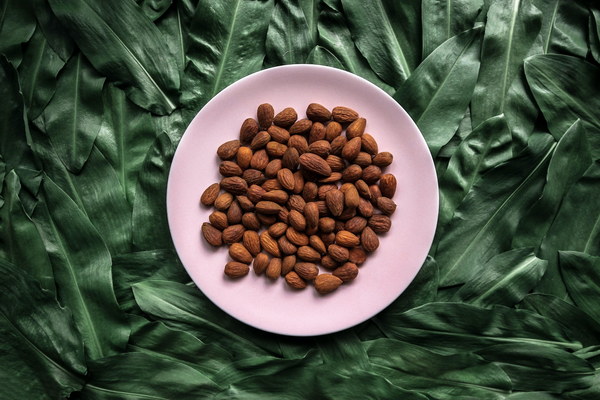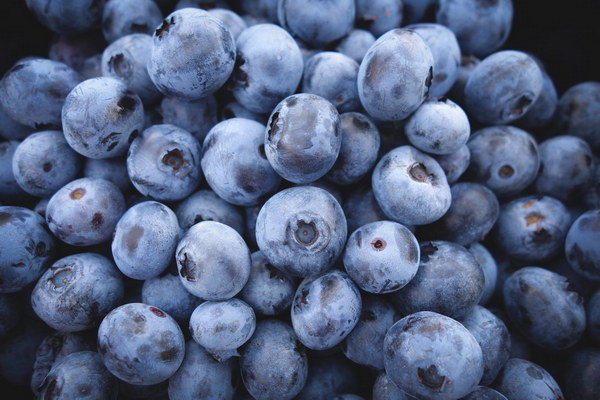Gastrointestinal Harmony Exploring Traditional Chinese Herbs and Vegetables for Stomach Health
In the realm of traditional Chinese medicine (TCM), the concept of maintaining a harmonious balance within the body is paramount. This holistic approach extends to the digestive system, with a focus on using natural remedies to support stomach health. One such method involves incorporating specific herbs and vegetables known for their soothing and nourishing properties. Let's delve into the world of TCM and explore some of the most notable Chinese herbs and vegetables that can help nurture your gastrointestinal well-being.
1. Gan Cao (Licorice Root)
Gan Cao, or licorice root, is one of the most widely used herbs in Chinese medicine. It has a sweet, soothing flavor and is believed to help balance the body's Yin and Yang energies. In the context of digestion, Gan Cao can help reduce stomach acid, alleviate bloating, and improve overall stomach comfort.
2. Bai Zi Ren (Biota Seeds)

Bai Zi Ren, or biota seeds, are small, round seeds that are commonly used in TCM to strengthen the spleen and stomach. They are believed to help with conditions such as diarrhea, bloating, and abdominal pain, making them a valuable addition to any stomach-soothing regimen.
3. Shan Zha (Hawthorn Berries)
Shan Zha, or hawthorn berries, are known for their ability to regulate the digestive system and reduce bloating. They contain natural astringents that can help with loose stools, while also promoting the healthy flow of bile from the liver to the intestines.
4. Chuan Xiong (Ligusticum Chuanxiong)
Chuan Xiong is a herb that has been used for centuries to improve blood circulation and alleviate pain. In the context of digestion, it can help ease abdominal cramps and reduce symptoms of indigestion, such as nausea and bloating.
5. Dang Gui (Angelica Sinensis)
Dang Gui, also known as Chinese angelica, is a herb renowned for its ability to nourish the blood and tonify the body. It is often used in TCM to treat conditions related to menstrual irregularities, but it also has a place in stomach health, where it can help alleviate bloating and cramping.
6. Vegetables for Stomach Health
In addition to herbs, certain vegetables are also prized for their stomach-soothing properties:
- Mung Beans: These legumes are rich in fiber and are believed to help with digestion, particularly when it comes to bloating and constipation.
- Soy Products: Tofu, tempeh, and edamame are all good sources of protein and can help regulate the digestive system. They also contain isoflavones, which may have a calming effect on the stomach.
- Carrots: High in fiber and beta-carotene, carrots are easy on the stomach and can help with digestion, particularly when consumed raw or lightly steamed.
- Broccoli: This cruciferous vegetable is packed with fiber and antioxidants, which can help support a healthy digestive system.
- Cabbage: Cabbage contains lactic acid, which can help improve gut flora and reduce symptoms of indigestion.
How to Incorporate These Remedies into Your Diet
To incorporate these TCM herbs and vegetables into your diet, you can use them in various forms:
- Herbs: Many of these herbs can be found in powdered form, which can be mixed with water or added to soups and stews.
- Vegetables: Simply incorporate these foods into your regular diet, either raw, steamed, or cooked in your favorite recipes.
Remember, while TCM offers a wealth of natural remedies for stomach health, it is always best to consult with a healthcare professional before starting any new treatment regimen. TCM can be a valuable complement to conventional medical care, but it should never replace it.









